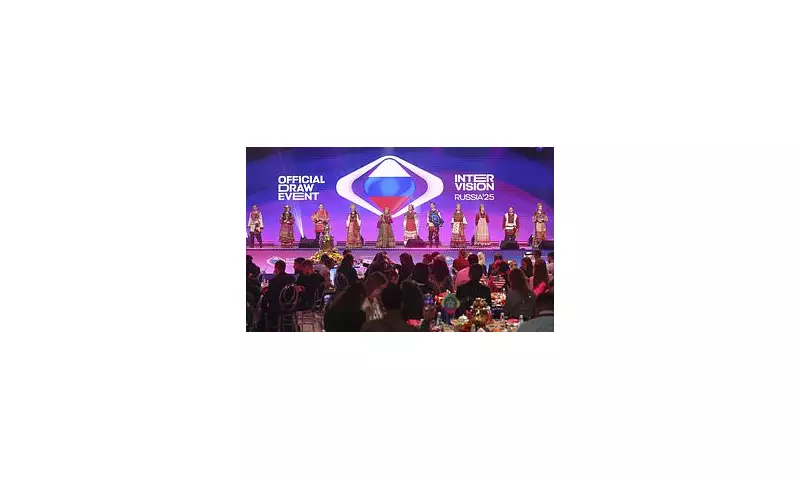
In a defiant retort to its continued cultural exile, the Kremlin is orchestrating its own flamboyant answer to the Eurovision Song Contest. President Vladimir Putin has officially endorsed the creation of a national music competition, a move widely seen as a direct response to Russia's exclusion from the European broadcasting event.
The new contest, which has been swiftly dubbed 'Russovision' by commentators, was announced by the Russian culture ministry. It aims to showcase domestic talent and promote patriotic values, a stark contrast to the famously camp and inclusive Eurovision spirit.
A Pattern of Exclusion
Russia's relationship with the Eurovision Song Contest has been fraught since its full-scale invasion of Ukraine in 2022. The nation was banned from participating that year, and the European Broadcasting Union (EBU), which organises the event, has maintained that exclusion. The EBU stated that Russia's inclusion would 'bring the competition into disrepute'.
This is not the first time Russia has faced a Eurovision ban. The country was also excluded in 2017 when its intended entrant, Yulia Samoylova, was barred from entering host country Ukraine due to having performed in Crimea after its annexation.
The 'Russovision' Blueprint
Details are still emerging, but the state-sanctioned competition will reportedly feature singers and bands from across the Russian Federation and its occupied territories. The event is pitched as a celebration of national identity and 'traditional values', a common refrain in Putin's cultural rhetoric.
The initiative appears to be part of a broader Kremlin strategy to create alternatives to Western-dominated institutions, following the establishment of parallel competitions in other sports and sectors since the onset of international sanctions.
Whether 'Russovision' can capture the global audience's imagination—or the quirky charm of its European counterpart—remains to be heard. For now, it signals a deepening cultural divide, with music becoming the latest instrument in a symphony of geopolitical tensions.





